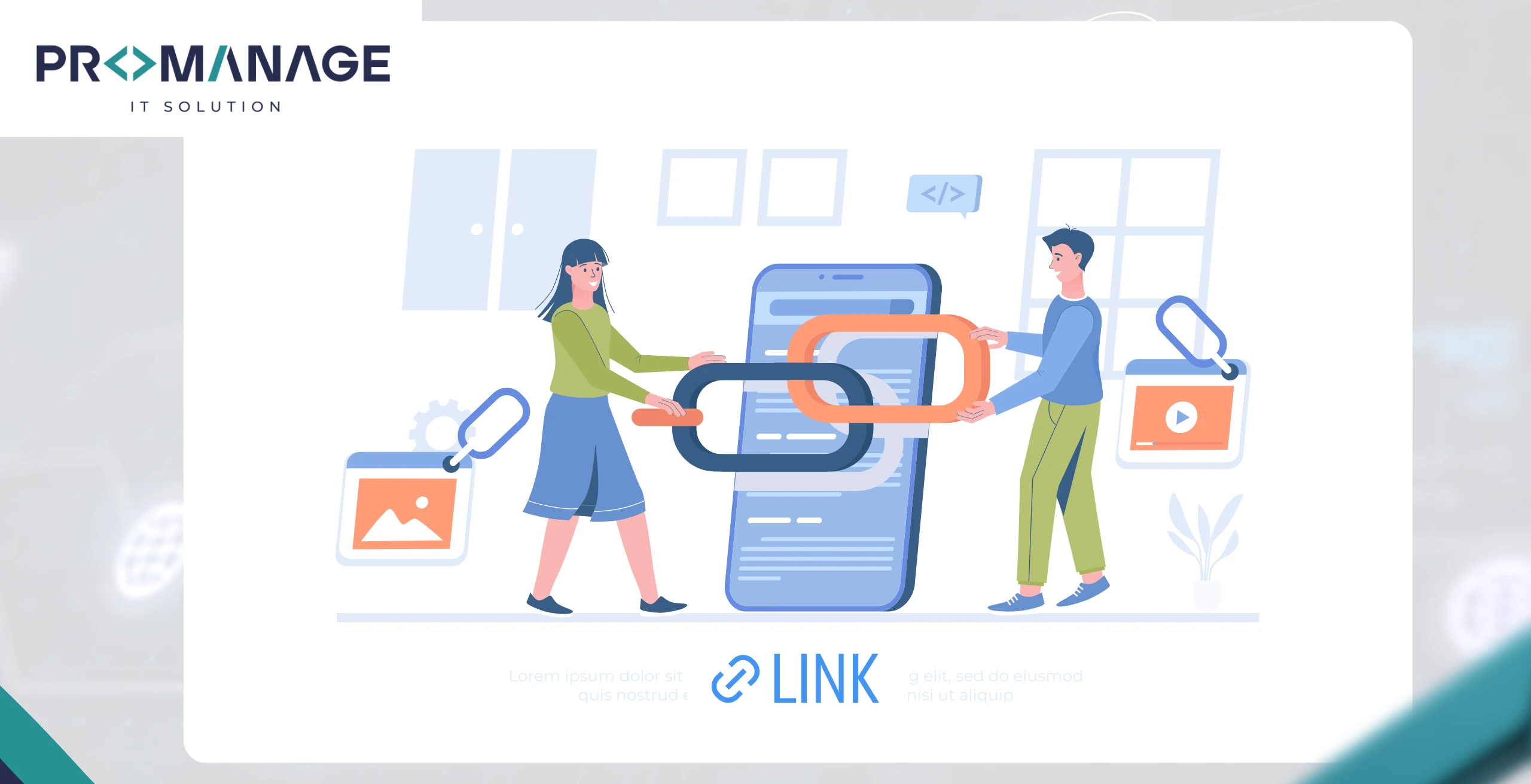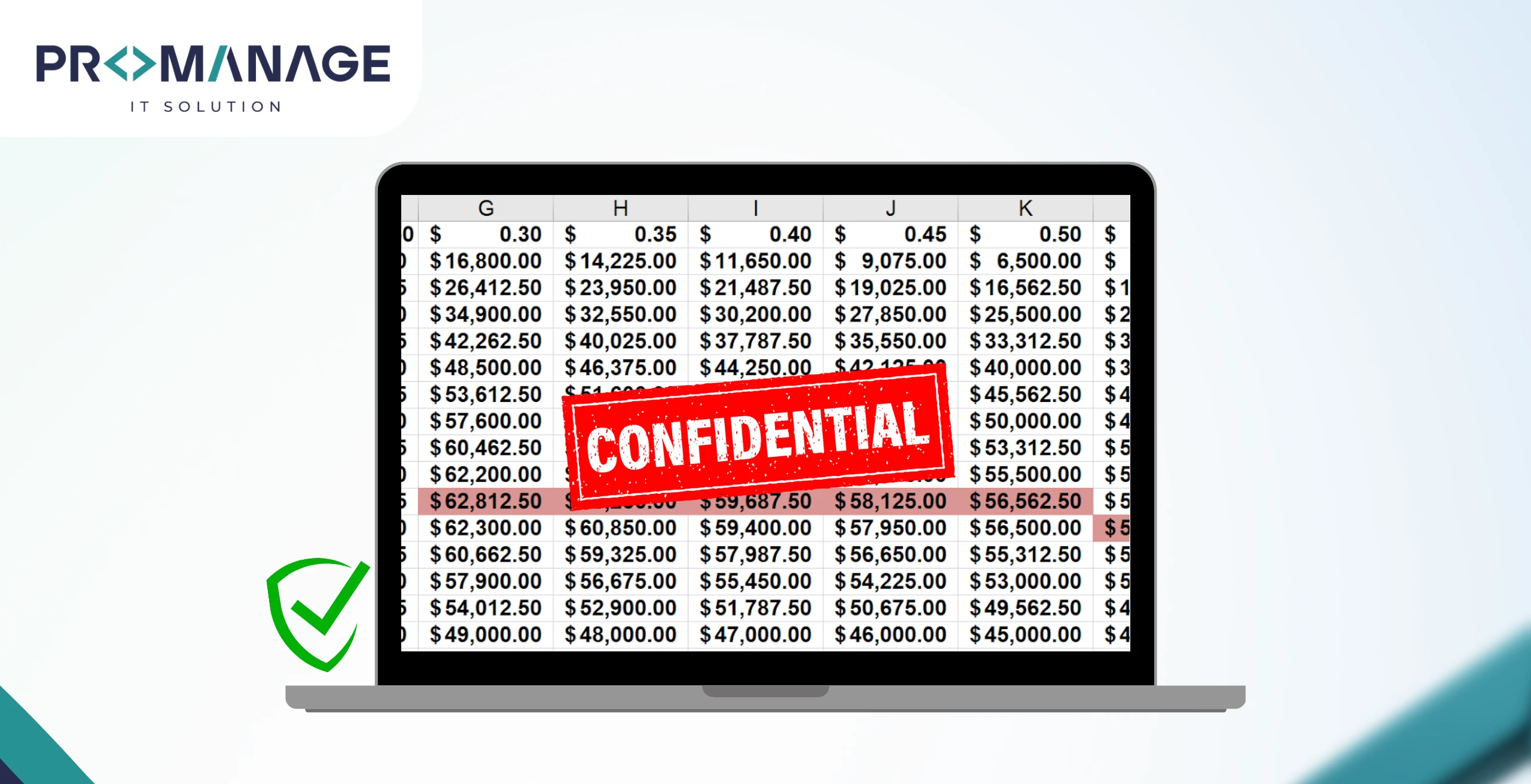5 SEO Insights About Outbound Links

When SEO is discussed, backlinks pointing to your website from other websites usually receive the most attention. However, outbound links, the links you put on your website that lead to other websites are also very important in determining the authority, credibility, and general search engine optimisation of your website.
Many times, outbound links are misinterpreted. Because they believe it “leaks” authority, some website owners refrain from linking out. Some people go beyond, including too many links that detract from the user experience. The truth is somewhere in the middle: outbound links can boost your SEO, increase the value of your content, and foster reader and search engine confidence when used properly.
This post will discuss five crucial SEO facts regarding outbound links that all bloggers, marketers, and website owners should be aware of.
1. External Connections Establish Authority and Trust
Google and other search engines prefer to suggest websites that provide reliable, accurate information. It is a method to show that your information is reliable, including links to iconic websites.
Consider yourself a writer of a piece about climate change. Your viewers are more inclined to believe your content if you back it up with references to reputable organisations, scientific journals, or government studies. This is also seen by search engines. Sending outbound links to reputable domains indicates that your work is a part of a legitimate discussion.
Best practices:
- Only reliable, relevant sources are authoritative.
- Spammy or low-quality websites should be avoided as they can damage your reputation.
- Don’t force the use of outbound links, use them naturally
When outgoing links used carefully, it increases the search engine and users trust in your site.
2. Outbound Links Enhance the User Interface
The user experience is central to SEO. Outbound links help the audience find out supplementary information or move forward in a topic by leading them to other resources. As a result, the total value of your content increases.
For example, if you write about the health benefits of olive oil on your food blog, visitors, including the link to a reliable medical website, made visitors to investigate the facts. In addition to increasing your credibility, it provides readers that they have reliable resources in one place.
Why it’s important for SEO
A positive user experience interested visitors and reduces rejection rates. Readers are more likely to return to your site and share your content. If they find it reliable and accessible, both can improve the ranking of the search engine.
3. External Connections When used properly, authority should not be “leaked.”

The idea that outbound links “leak” PageRank or authority from your website is a persistent SEO myth. Although it is true that links are how PageRank is spread, outbound linking is not seen as a threat by modern SEO as long as it is done wisely.
Linking to reputable, pertinent sources can really increase the value of your page in search engine rankings. Google has made it clear that connecting to reputable information can help engines better grasp your topic and give context for your page.
Consider it similar to joining a professional network: establishing connections with respectable individuals increases your credibility. In a similar vein, including links to reliable sources makes your writing seem more relevant and reliable.
How to prevent misuse:
- Avoid overcrowding your page with outbound links.
- Always include links to pertinent sources rather than unrelated webpages.
- For sponsored or user-generated links, think about utilising nofollow tags to prevent improper authority passing.
4. Outbound Links Give Search Engines Context
Links are signals that search engines use to determine the connections between content and websites. Relevance, topic, and niche can be provided by outbound links.
For example, search engines can easily identify that your site is in the photography niche if you write about “best photography tips” and include links to professional portfolio, camera brands and photography schools. This increases the relevance of your content for relevant questions and helps you classify it more accurately.
Similar to signposts, outbound links direct users to the larger ecosystem to which your content belongs. You can communicate to search engines, “This is the company I keep, and here’s the space I belong in,” by including links to relevant resources.
Advanced advice:
Mix internal and external connections. By adding both your own relevant internal content and a well-known government site, you create a network of relevance and trust that makes your SEO performance better as a whole.
5. Long-Term SEO Success Is Affected by Outbound Linking Strategy
You can’t just insert outbound links into your article without giving it any thought. They must be a component of a plan. Building relationships, increasing authority, and future-proofing your SEO are all possible with a well-thought-out outbound linking strategy.
This is the reason:
Building relationships: Brands, bloggers, and industry influencers may notice and even reciprocate when you connect to them. This may create opportunities for backlinks or partnerships.
Content updates: These are required by outbound links. You must update your sources if they become out-of-date or irrelevant in order to keep your content current.
Preventing penalties: Including links to spammy or low-quality websites might damage your reputation and could result in fines. Making a plan for outbound linking entails determining beforehand what kinds of websites you will link to. What is the ideal number of outbound links per article? How frequently will you check previous content for outdated or broken links?
Outbound linking can be used as a tool for authority, relationships, and long-term growth when it is incorporated into a long-term SEO plan.
Bonus Information: Dofollow/Nofollow Tags and Outbound Links

Selecting whether to use dofollow or nofollow tags is another crucial aspect of outbound linking. Outbound links pass the authority by default when they are dofollow. To follow Google’s rules, it is important to use nofollow (or the recent cousin, rel=”sponsored”) for sponsored positions, associated links and incredible sources.
Despite this, nofollow links are still useful for guiding users and marketing conditions. However, from an SEO standpoint, save dofollow for organic, pertinent, and superior sources.
Conclusion
Outbound links are indicators of authority, relevance and reliability, besides being a link to other websites. When used properly, they improve the user experience, Bolt Authority and help search engines to understand your content.
In summary, the five SEO insights include:
- Authority and trust are increased by outbound linkages.
- They add value, which enhances the user experience.
- When used properly, they don’t “leak” authority.
- They give search engines background information about your niche.
- When included in a strategy, they help achieve long-term SEO success.
Strategically welcome outbound links instead than avoiding them. You may enhance your own content, boost SEO, and establish your website as a member of a reliable online community by strategically placing links to other websites.













SEO Team Lead
Preeti is a skilled SEO Team Lead passionate about boosting organic traffic and improving search rankings. She leads with data-driven strategies to help businesses grow online effectively.